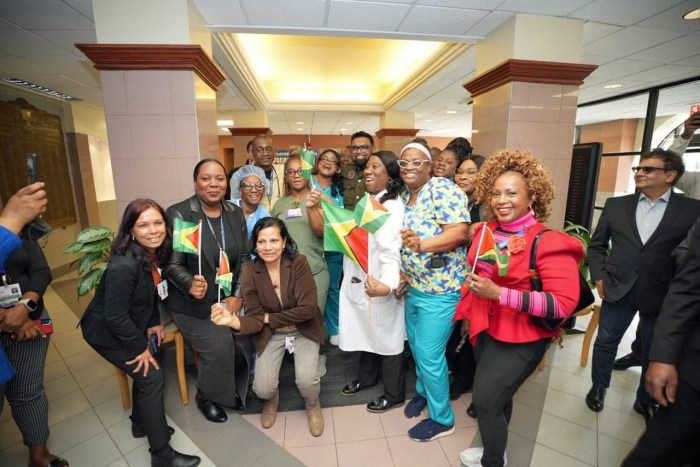A legal ruling emerging last week from a storefront courtroom in rural Pottsville, Pennsylvania, could impact tens of millions of baby boomers nationwide caring for their aging and dying parents. This relatively obscure court’s decision could chill good end-of-life medical care and diminish legal options nationwide.
On Aug. 1, a Schuylkill County magistrate ordered a Philadelphia nurse, 57-year-old Barbara Mancini, to stand trial in the death of her terminally ill 93-year-old father, Joe Yourshaw. Prosecutors from Pennsylvania Attorney General Kathleen Kane’s office charged Barbara with assisted suicide for allegedly handing her father his prescribed morphine, which he consumed. Barbara was there to relieve her mother, Marge, of caregiving duties for Joe, who was in home hospice care as his death approached.
Enduring a long list of serious medical conditions, Joe had made medical decisions to ensure he did not experience a prolonged, painful death. He completed his advance directive and designated his daughter Barbara as his medical surrogate so she could carry out his wishes if he were unable to do so. He had stopped taking all medication and stated he wanted no medical interventions. What he wanted was to die at home in peace. What he and his family got was anything but peaceful.
All parties in this outrageous criminal proceeding seem to agree that Joe consumed a large dose of the morphine prescribed by a hospice physician to relieve his chronic, severe pain. Later that day, a hospice nurse came by the house to check on Joe. When the nurse learned he had taken extra morphine, she called her supervisors, who called 911.
What happened next should disturb every American. Despite Joe’s advance directive and Barbara’s instruction, in her role as his attorney-in-fact for healthcare, to refrain from intrusive medical interventions, EMTs took Joe to the hospital. Then a police captain took Barbara to the courthouse and charged her with assisted suicide, a felony that carries a maximum penalty of 10 years in prison.
When hospital staff revived Joe he immediately expressed his anger at hospice for removing him from his home. When he learned Barbara was in legal trouble, he was even more furious. He died four days later in the hospital. Imagine … a dying man’s last thought is of his loving daughter’s arrest for the supportive and respectful way she cared for him!
I attended the preliminary hearing in Pottsville on Aug. 1. I observed three hours of detailed testimony from prosecution witnesses. And I honestly can’t understand why Attorney General Kane is allowing this unjust prosecution to move forward.
This case has great resonance on a personal level. Fifteen years ago this month, I was that loving daughter, supporting my mother as my father, a decorated Vietnam vet, was dying. I learned so much that week. But the most searing lesson was that end-of-life decisions are the most important and personal decisions families face. They have immediate implications for the sick and dying. And they have long-term implications for those who live on. With loving family in attendance there is no need, nor space, for government at the bedside of a dying person.
Joe Yourshaw was very old and terminally ill. He had end-stage diabetes, heart and kidney failure, and arthritis. He died just short of his 94th birthday. Maybe his agony was so great, he longed to die. Where is the public interest in constructing a criminal case from this scenario? How will society benefit from imprisoning Barbara Mancini?
This case could be the bellwether for my generation. Millions of families across America are facing end-of-life decisions every day, as we baby boomers care for our parents, The Greatest Generation World War II veterans like Joe Yourshaw. The story resonates as we, ourselves, age. Do the 75 million+ boomers need to fear the long arm of government literally reaching into our living rooms to seize authority for our medical decision?
Attorney General Kane recently refused to defend the state’s ban on marriage equality because she said it was “wholly unconstitutional.” She should make a similar principled stand in this case and drop the criminal prosecution of Barbara Mancini. This step is appropriate because the U.S. Supreme Court has embraced the principle that dying patients should be free to receive as much medication as they need to relieve their suffering, even if it advances the time of death. Two cases decided by the Court in 1997, Washington v. Glucksberg and Vacco v. Quill, rest on this principle.
This family is traumatized by this very public reminder of what happened to Joe against his wishes six months ago. That trauma is compounded by what’s happening to his daughter, Barbara, today.
Fitzgerald is the director of communications and marketing for Compassion & Choices. It is the nation’s oldest and largest nonprofit organization working to improve care and expand choice at the end of life



















